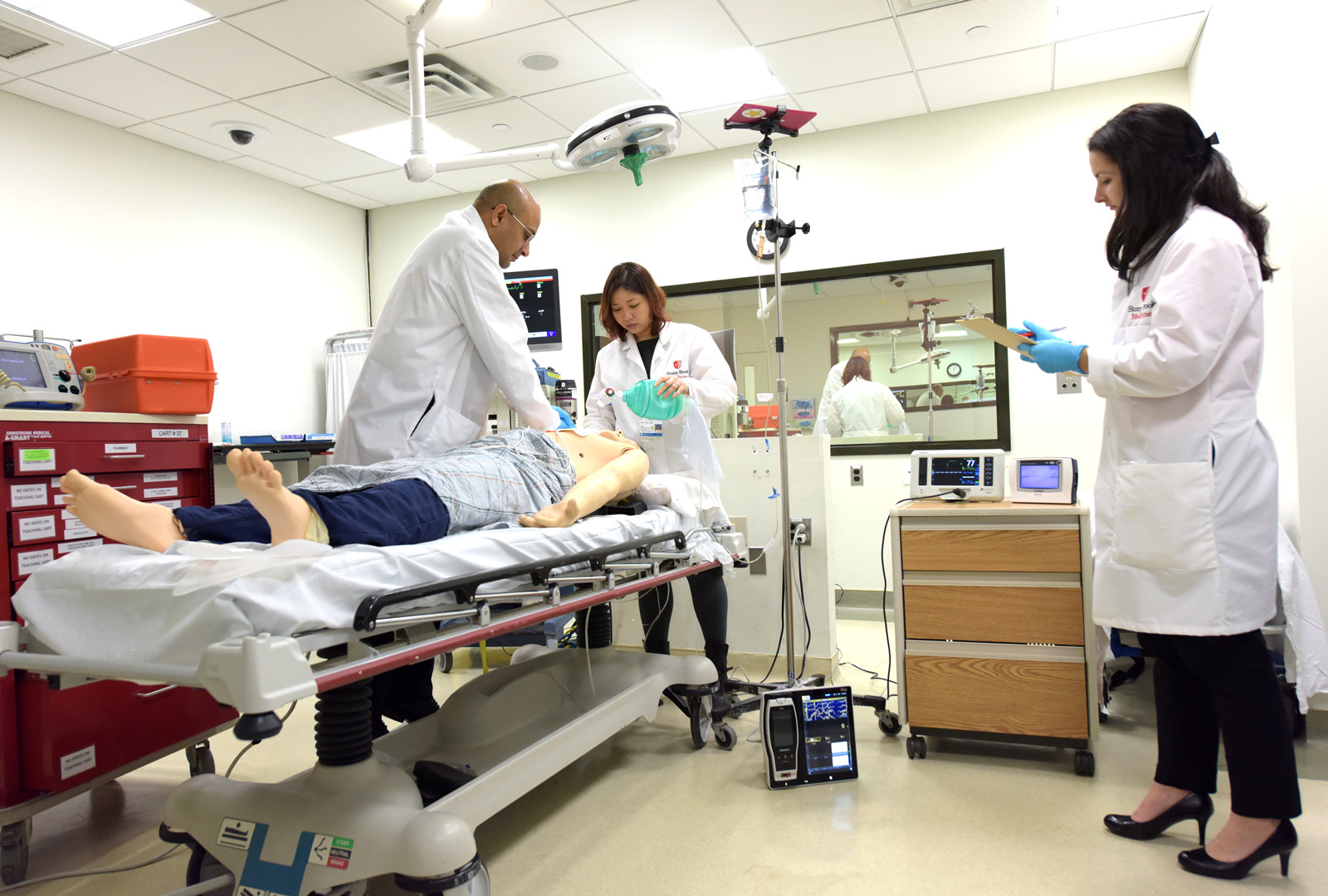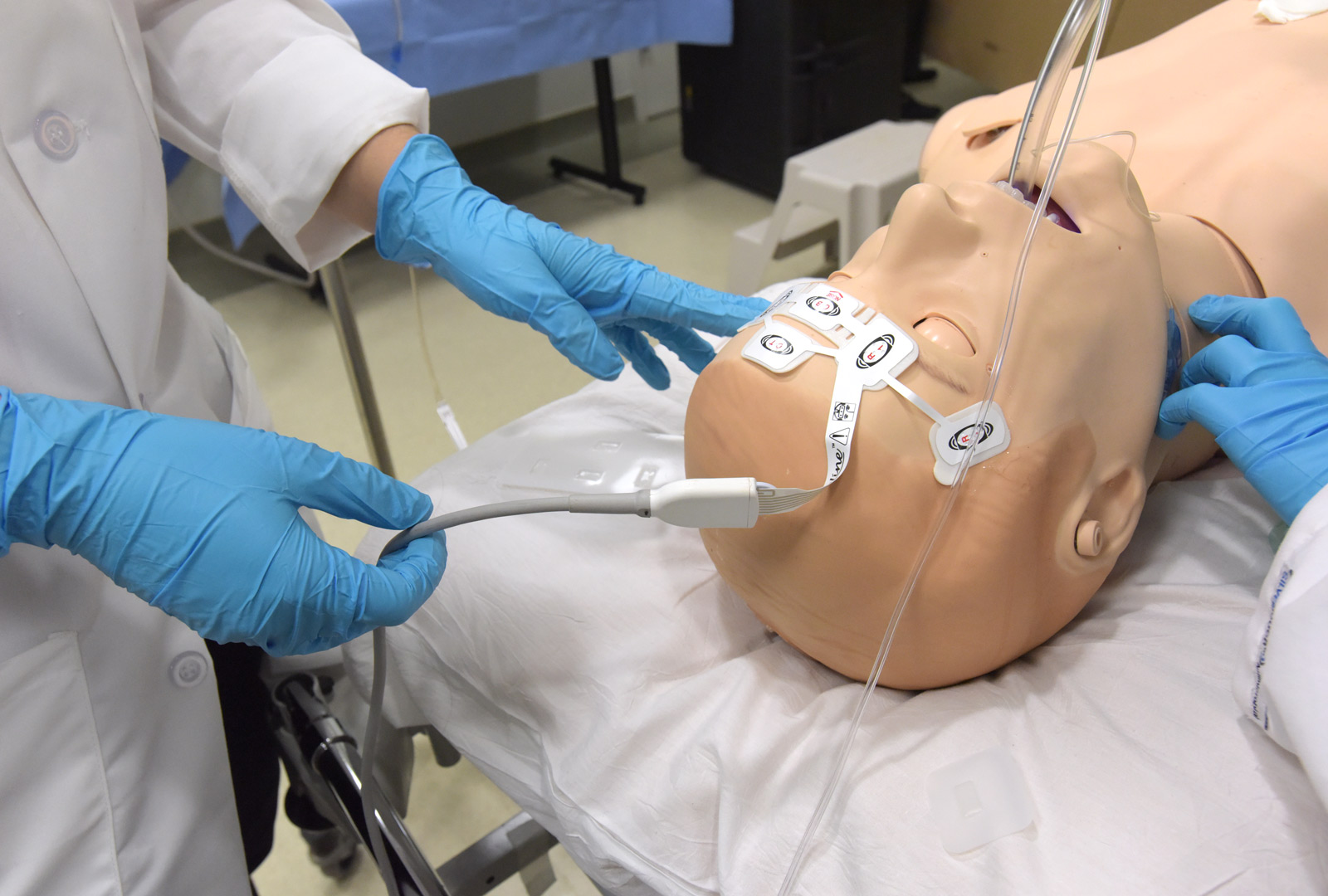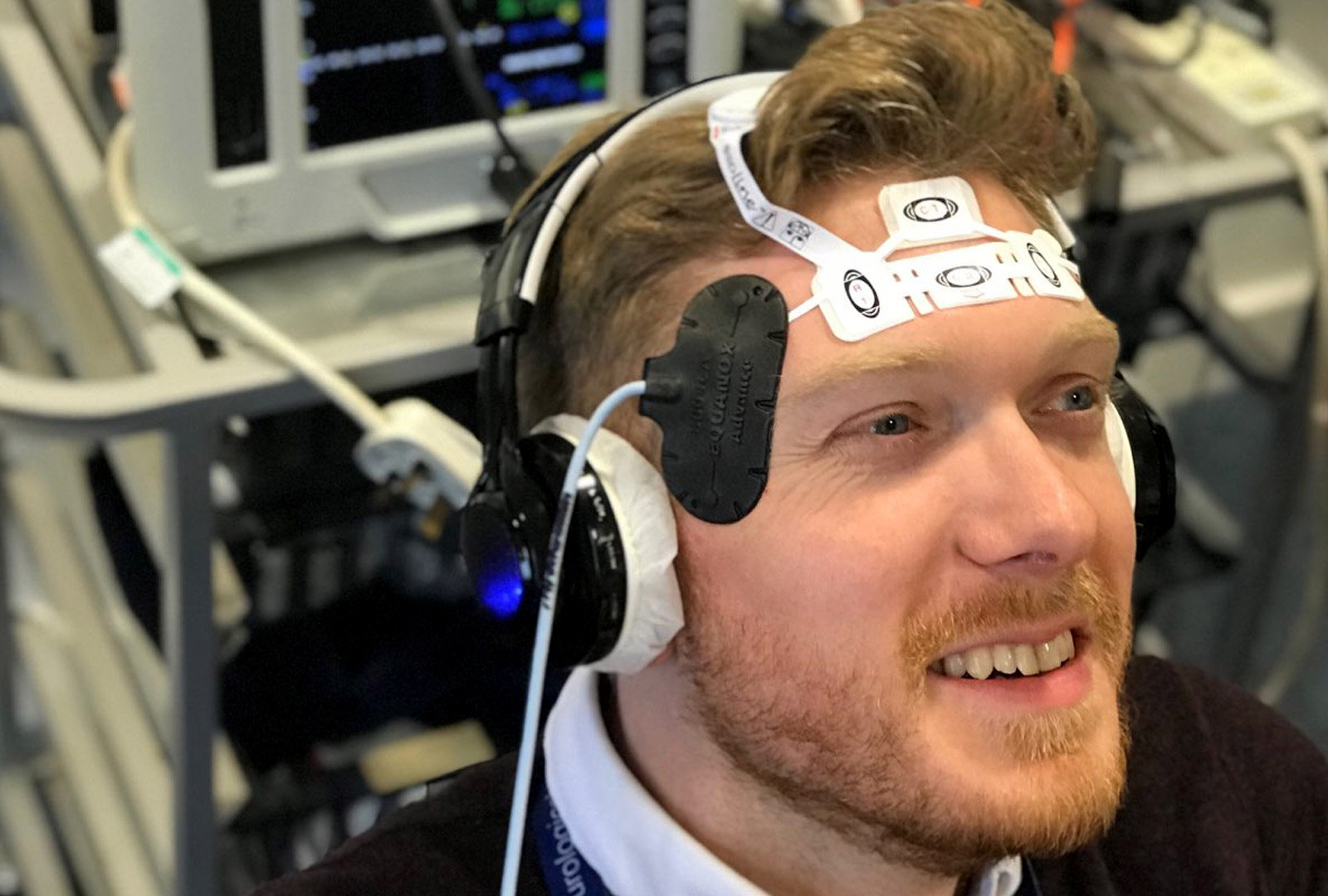
Consciousness
Among the least understood aspects of cardiac arrest is its effect on consciousness. While we know that many cardiac arrest patients suffer brain damage or disorders of consciousness associated with oxygen deprivation and reperfusion injury, there has been significant and consistent anecdotal evidence that some patients may retain a perception of awareness during cardiac arrest or cardiopulmonary resuscitation (CPR). Patients often describe these experiences as being very positive and even life-changing events that involve feelings of peace, a panoramic review of their lives including all their actions and intentions, together with a perception of seeing deceased loved ones or a warm sensation of light. Others can recount specific details of painless and non-traumatic consciousness and visual and auditory awareness relating to the doctors and nurses providing care, through a perception of watching events from a vantage point.

Inspired by what these experiences can tell us about brain function and the state of the mind and consciousness during cardiac arrest and resuscitation, we launched a series of studies to explore the experience of death and conscious awareness in an unbiased and methodical manner. The first large-scale study, AWAreness during REsuscitation (AWARE), was carried out in 2,060 cardiac arrest patients across 15 medical centers in the U. S. and Europe with 33 investigators. We found that 39 percent of patients reported a perception of awareness despite showing no clinical evidence of consciousness. Our data also showed that 10 percent of people reported profound or transformative experiences. Furthermore, paradoxically and unexpectedly we found conscious awareness may be reported in some cases many minutes after cardiac arrest, when the brain typically shuts down.

The findings from AWARE led to AWARE II, which is examining the relationship between the quality of brain resuscitation and a patient’s neurological, functional, cognitive, and consciousness outcomes following cardiac arrest. In this second large-scale study, we are partnering with 20 hospitals across the United States and Europe to analyze patients’ brain processes during cardiac arrest and resuscitation to determine how consciousness may relate to brain function and survival, neurological, neurocognitive, and functional outcomes, and what it informs us about the experience of death.
Furthermore, we are also testing the hypothesis that awareness during CPR reflects the quality of brain resuscitation, a truly cutting-edge approach to critical care research. Using sophisticated technologies including cerebral oximetry to measure brain oxygenation and EEG to measure brain function in real time, we aim to determine if awareness is related to brain activity and how this may inform new techniques to preserve brain function and improve outcomes.

Our study results have raised questions about what happens to the human mind and consciousness during cardiac arrest and the early phase of death, with profound medical, ethical and philosophical implications that are just beginning to evolve.
We are actively recruiting for AWARE II, and hope to expand our academic partnership to universities around the world. Our goals for the next two years include investigating whether a majority of cardiac arrest patients experience awareness during resuscitation, even if patients are unable to recall it due to impaired memory. This is being done through testing of novel methods that aim to evaluate for the presence of implicit learning in the absence of explicit recall during cardiac arrest, as well as studying how we might better protect the brain and preserve function in survivors. We’re also interested in whether memories could be triggered in those who have forgotten them, using external stimuli.
Learn more about the AWARE study.